
Following Mexico’s Supreme Court ruling to decriminalize abortion, feminists in the country continue to help people access care. Their work can serve as a model for U.S. activists navigating the limits of state health services.

A roundtable on how COVID-19 has changed American universities.

Student experiments in DIY justice point to the shortcomings of the current Title IX system in confronting sexual harm on campuses.
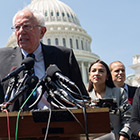
Organizers now recognize that to remake higher education as a public good, they must fight and win at the national level.
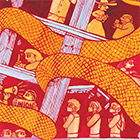
Introducing our Fall 2021 special section, “Back to School.”

The issues most important to Michel Foucault have moved from the margins to become major preoccupations of political life. But what did Foucault actually teach?

A vision of a food system reliant on small family farmers producing local food ignores the necessity of addressing major problems at scale.
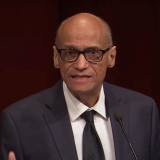
Over a long career as a public intellectual, Charles Mills used his gut-punching wit and moral clarity in defense of racial justice.
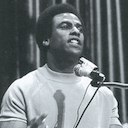
Huey Newton’s shifting political analysis illuminates both the limits and the ongoing relevance of the radicalism of the Black Panther era.

In Humane, historian Samuel Moyn argues that efforts to make U.S. wartime conduct less brutal have helped pave the way for a policy of permanent armed counterterrorism.
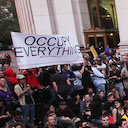
Occupy Wall Street was the critical event in the formation of a novel anticapitalist intellectual milieu.
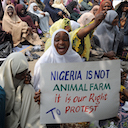
With millions of participants flooding the streets of Nigerian cities and towns, it was the largest Occupy movement in the world. Yet ten years later, little has been written about Occupy Nigeria.
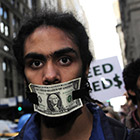
Ten years on, Occupy’s demands have shaken off their aura of eccentricity. But there’s far less hope about the utopian possibilities of enabling everyone to speak at once.
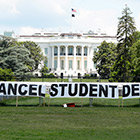
The radical agenda set by the debtors’ campaigns that emerged from Occupy Wall Street have slowly reshaped Democratic Party politics.

Strike Debt’s insistence that debtors “owe each other everything and owe Wall Street nothing” remains a potent rebuke to a financial system dependent on the narrative of individual responsibility and personal fault.



















